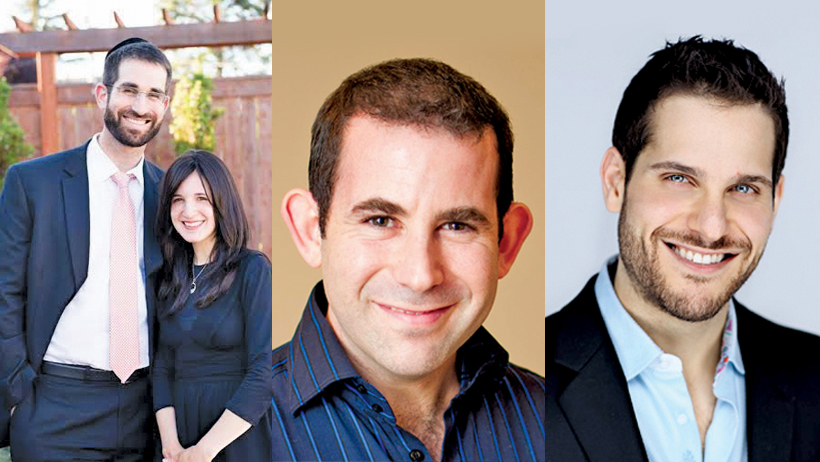Today I received another call from my old girlfriend … Comcast. I call her my old girlfriend because despite telling her I was never happy with her, she still calls me every week to claim we have a date (i.e. bill to pay). I then clarify with her that we're no longer dating. We actually never were.
I tried to date her, but then I dropped her when she never showed up for any of our dates (i.e. I never got any service). But she's very persistent, so she calls me almost every day to get back together.
And so, in the midst of my frustration with Comcast, I'd like to make something productive out of this experience and blog about missing cues.
In therapy, we have something called View of Self and View of Other. Almost always, your View of Self doesn't match up with the other's View of Other (you), and their View of Self doesn't match up with your View of Other (them).
For example, when she says, "I'm so fat" and he proceeds to give her a medical lecture on body fat and BMI when all she really wants is for him to tell her she looks great. They missed each other. Or when he asks, "Do you mind if I go camping with a bunch of my buddies next week?" and she gets upset how he doesn't ever enjoy spending time with her. Again, they missed each other.
So what can we do about this? Well, the simple answer is to check in with each other. But there are two challenges stopping us from doing that. One is that we expect others to know what we want and what we mean. Many times in life one party will say, "Isn't it obvious?!" The answer is, "Well, yes, it's obvious to you, but it's not obvious to anyone else." But we not only assume that we're understood, we also assume we understand others -- the second obstacle to checking in. These two assumptions, VOO and VOS, can make it difficult to communicate and ultimately connect.
The solution to these challenges is to listen and be open, which is, of course, not as easy as it sounds. When we're so convinced that we're understood or understand someone correctly, it's hard to believe that maybe we're not. It may even feel disconnecting to think we're misunderstanding or are misunderstood. But the truth is that it's human nature. True connection can come from expressing the desire to understand and be understood, not just the results.
Imagine your partner saying to you, "I'd like to understand you better. Could you explain what's going on for you? Maybe I've been getting it wrong. Could I make sure I'm getting it?" There's a warm bond that can form just from hearing that someone wants to understand. Those moments are integral to true connection.
When the Torah describes the deepest depths of intimacy, it uses the term ידע (knowledge). In Judaism, knowledge is not separate from emotion and experience. To truly know something is to allow it to impact your life and become a part of you. To truly know a person is to create a deep bond with them.
My wife has told me intimacy is "into-me-you-see." True intimacy is accessed through vulnerability. To truly have an intimate relationship, both people have to be willing to share their deepest selves and see into each other. In order to understand each other, there has to be an open communication consisting of exploring and sharing our inner selves.
The more we are willing to share, the more we understand and are understood. The more into each other we see, the deeper the bond will be. A relationship built on exploration, sharing, listening, opening up to new Views of Self and Other, and truly developing our relationships will give us the foundations for the beautiful intimate bond we all strive for.


.jpg?n=6936)

.jpg)





.jpg)



